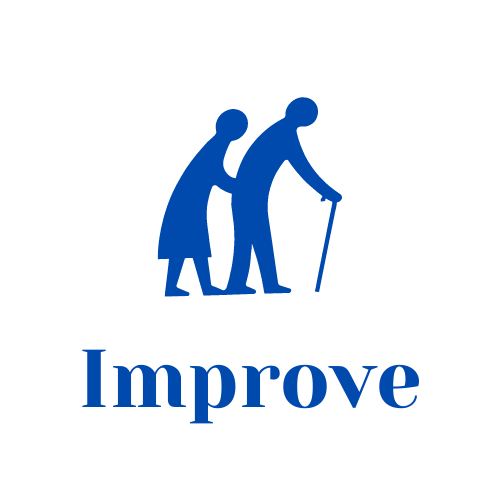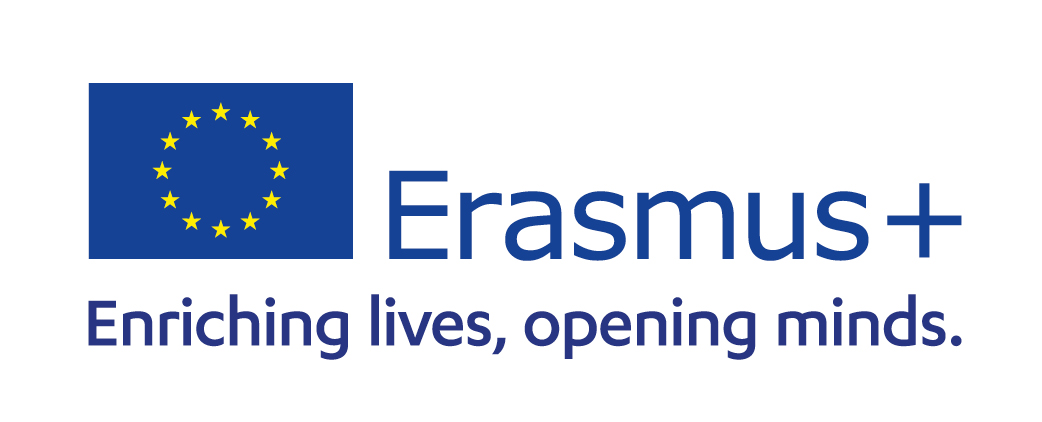

Erasmus+, KA1


The Consortium proposing the project consists of 6 organisations, in which the transnational SERN network will act as the project coordinator. The project envisage the setting up several training activities on elderly care in relation to the topic of dementia.
The consortium defined a European development training plan based on three areas for improvement:
The main objective of IMPROVE project is the acquisition of relational skills in the care of the elderly, with a particular focus on people with dementia
In the 24 months of the project, there have been three rounds of training activities in Belgium and one round of training courses in Sweden.
These activities will be complemented by preparatory activities (local preparation meetings), monitoring and evaluation activities, valorisation and dissemination activities.
Gent, Belgium, May 2022 – October 2022 – March 2023
29 Participants from ASP Cav. Rossi-Sidoli, ASP Parma, ASP Sud-Est, ASP Carlo Sartori, Azienda Servizi Sociali Bolzano took part in the 3 rounds of the IMPROVE project hosted by the Expertise centrum Dementie Paradox in Ghent (Belgium). During the intense training sessions held in May, October 2022 and March 2023, they learned more about the strategies for communicating with people affected by dementia as well as with their families. They also discover the importance of dementia-friendly living environments and municipalities for the well-being of the people affected by dementia.
With a strong focus on the resilient approach, healthcare providers need to acquire it to keep up with the continuing social changing context and needs of their patients.
Participants had the opportunity to attend theoretical sessions and many practical exercises to improve their skills in dealing with people with dementia and with their families.
Training is a balanced mix of workshops, lectures with experts, practical exercises with role-playing and escape games experiences.
Linköping, Sweden, May 2023
The Municipality of Linköping hosted the last round of mobilities in Sweden with a focus on the Swedish healthcare and social services devoted to people with Dementia. During the seminar held in May 2023, the 11 participants from the organizations of the IMPROVE Consortium took part in lectures, workshops and study visits focused on various aspects of the Dementia.
The participants in the activities improved their intercultural and linguistic competences to be able to relate effectively with different types of elderly dementia users (different cultural background, country of origin and language), thus preparing themselves for the intercultural challenges that social and care service providers have to face on a daily basis.
Furthermore, the participants increased their knowledge on the topic of dementia and soft skills, in particular, they deepened the relational and emotional aspects of caring for the elderly person with dementia and the relationship with family members and the surrounding environment, with the aim of making the elderly person as involved as possible in the active life of the local communities.
The members of the consortium developed and consolidated the European dimension of the training activities planned for their staff, learning from other European contexts (Belgium and Sweden) new techniques, practices, work methodologies transferable at local level to improve the quality of the services offered to their users, in compliance with the cost-benefit analysis put in place to plan the training activities.
Therefore, thanks to the training received by their staff abroad, the organisations have created a shared training methodology that integrates those previously adopted and the European dimension of planned training activities.
The expected results of Improve project are reflected in:
In particular, participants acquired and/or improved the following skills:

Our objective is to increase cooperation among the
members of the network, between Italy and Sweden
and, more in general, the North and South of
the European Union.
Stradone Martiri della Libertà, 15 – 43123 Parma (PR) – Italy | C.F.: 91251370374
Tel: +393483892600 – Website: www.sern.eu – Email: secretariat@sern.eu – PEC: secretariat@pec.sern.eu
© 2024 | All rights reserved | Privacy Policy | Cookie Policy